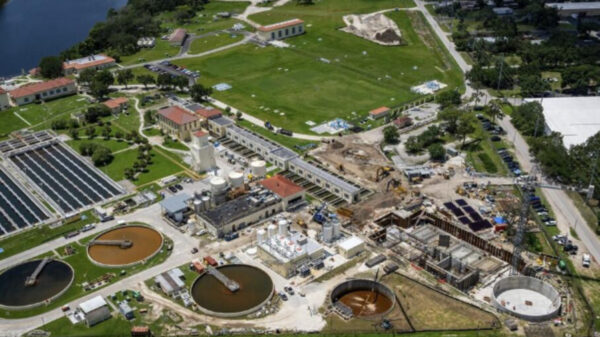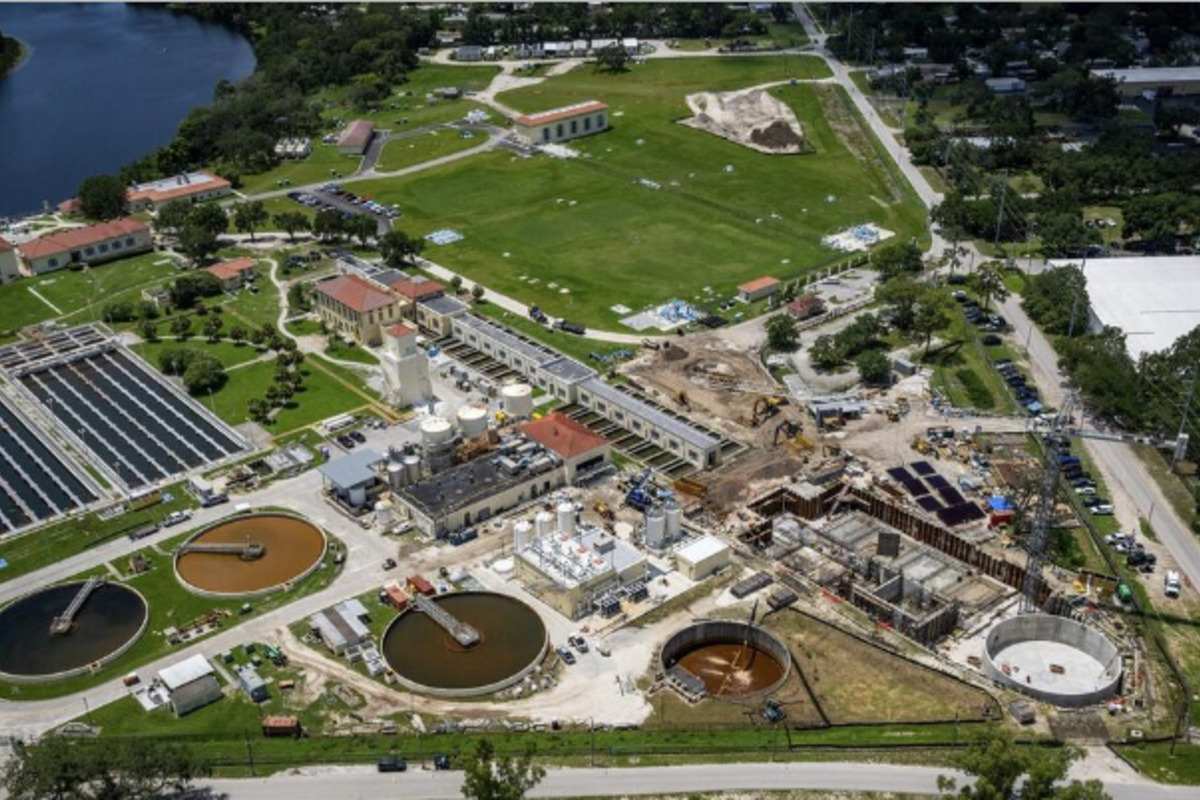The Tampa Water Department is initiating a significant upgrade to its water infrastructure with a new project valued at $42 million. This initiative, known as the Chemical Systems Improvement Project, aims to bolster public health and enhance the resilience of the city’s water treatment systems.
As part of a broader effort to modernize its infrastructure in response to a growing population, the department plans to implement several key improvements. These include the construction of an On-Site Sodium Hypochlorite Generation Facility, which will produce liquid bleach for water disinfection directly on-site. This development is expected to greatly enhance the efficiency of the water treatment process while reducing operational costs over time.
In addition to the generation facility, the project will introduce a new ammonia delivery system. This upgrade is designed to improve operational reliability and optimize the treatment process, ultimately decreasing the department’s dependence on external chemical suppliers. According to Rory Jones, the director of the Tampa Water Department, the project represents a proactive investment in the city’s water infrastructure. He stated, “This project is a smart investment that strengthens the reliability of our water treatment system while delivering better water quality.”
Funding and Community Impact
The funding for this substantial project is part of the PIPES initiative, which stands for Progressive Infrastructure Planning to Ensure Sustainability. This $2.9 billion program addresses the challenges posed by Tampa’s aging water and wastewater infrastructure. The community is looking forward to the expected improvements in water quality, along with the prospect of reduced long-term maintenance costs associated with these upgrades.
With these enhancements, the Tampa Water Department also aims to tackle issues related to taste and odor in drinking water, further contributing to the overall health and satisfaction of the public. The department’s commitment to sustainability and resilience is evident in this project, which not only addresses current needs but also prepares for future demands as the city continues to grow.
As Tampa embarks on this essential upgrade, the focus remains on delivering high-quality water and ensuring a sustainable infrastructure for residents. The successful completion of the Chemical Systems Improvement Project will mark a significant advancement in the city’s efforts to improve public health and enhance the reliability of its water systems.







































































